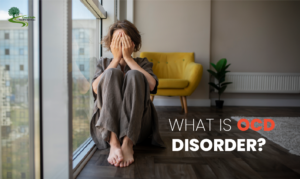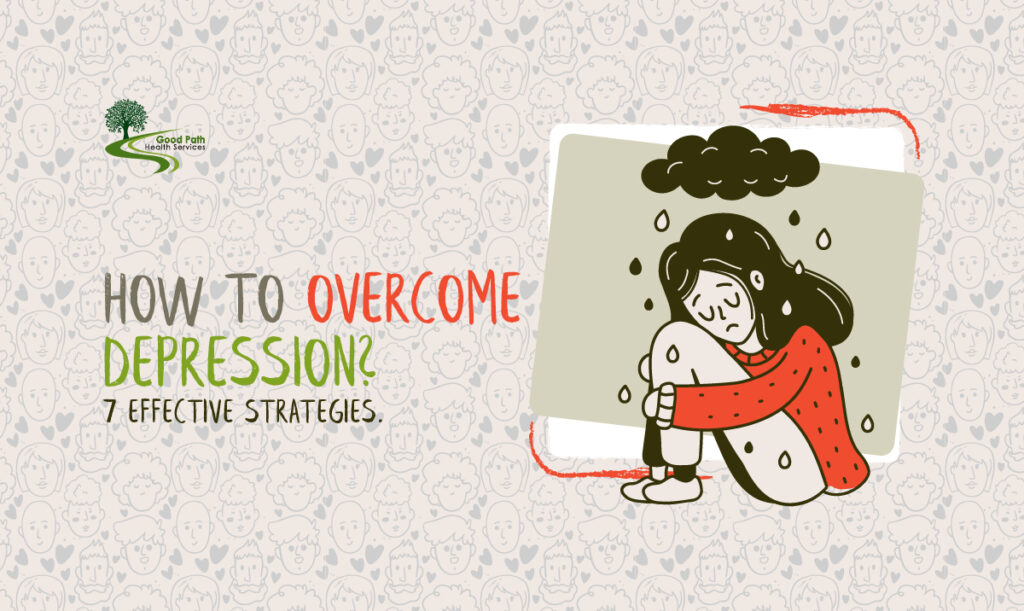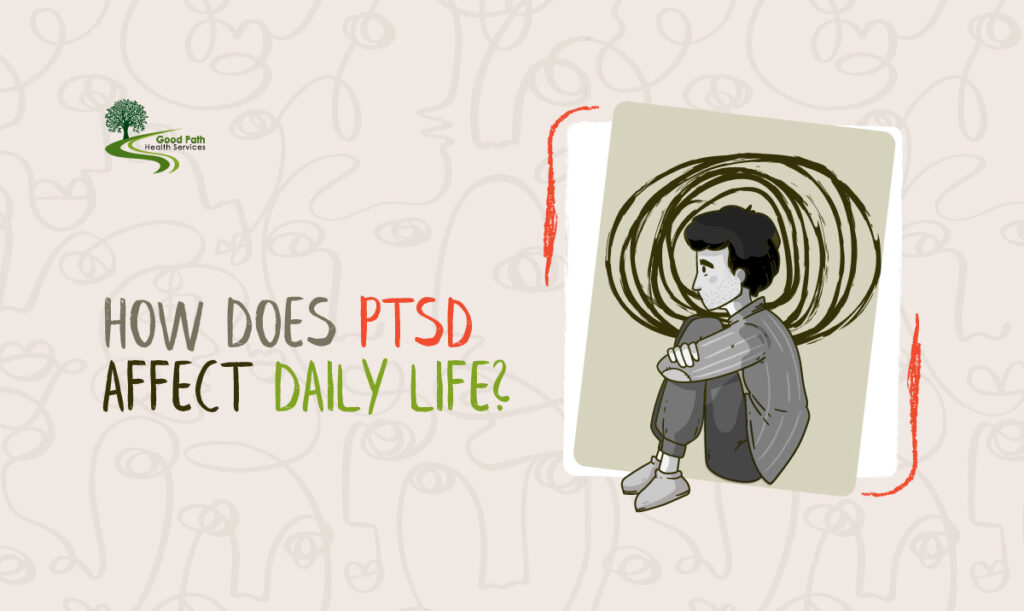
Obsessive-Compulsive Disorder (OCD) is a mental health condition.
Despite its prominence, there’s often confusion and misunderstanding that detracts from this complicated disorder.
This guide is intended to explain OCD, giving a thorough understanding for those directly affected and their caregivers.
OCD: What Is It Exactly?
OCD causes intrusive thoughts (obsessions) and repetitive behaviors or mental acts that people feel compelled to perform (compulsions).
The unrelenting thought (obsession) is often irrational, but it grips you, demanding attention as if your life depended on it.
Your reaction, a compulsion, is an effort to ease the distress caused by the obsession. You might perform repetitive actions or seek reassurance to calm your mind, if only for a moment.
The Science Behind Obsession and Compulsion
It has to do mostly with brain function, genetic, and environmental aspects.
In the brain, there’s a pattern of overactivity in specific brain circuits that regulate error detection and decide what’s worth your attention.
This causes a cycle of obsessions and compulsions that can be overwhelming and all-consuming.
Symptoms of OCD
Obsessions
They may revolve around:
- Fear of infection or illness.
- The need for symmetry or order.
- Unacceptable thoughts involving sex, violence, or religion.
- Irresistible urges to perform acts that could be harmful.
These obsessions can be disturbing.
Compulsions
Compulsions provide temporary relief from obsessive thoughts.
They could include:
- Excessive cleaning and hand washing.
- Arranging things in a given order after.
- Repeatedly checking things such as whether the door is locked or not.
- Mental compulsions such as counting and silent prayers.
It’s important to realize that these compulsions are often elaborate, ritualistic, and time-consuming.
The Causes and Triggers of OCD
A combination of genetic, neurological, behavioral, cognitive, and environmental factors is suspected.
There’s no one cause but rather a mixture of factors that are specific to each person.
Stress often acts as a catalyst for the eruption of OCD symptoms. Life-altering events, especially in childhood, can plant seeds of OCD that may lay dormant until triggered by stress in later years.
Diagnosis and Treatment Options for OCD
Diagnosis
Diagnosis is based on a thorough evaluation by a mental health professional.
They will look for obsessions, compulsions, or both, which conflict with your daily life.
It’s a matter of pattern recognition.
Treatments
Treatments for OCD can include different forms of psychotherapy and also medication — there can also be a combination of both.
- Cognitive-behavioral therapy (CBT) and exposure and response prevention (ERP) are essential.
- Selective serotonin reuptake inhibitors (SSRIs) are often prescribed to address the underlying chemistry.
Living with OCD – Strategies and Support
OCD can affect more than just the person experiencing it.
Relationships, work, education, and one’s own personal growth can be affected by it too.
It’s a potent reminder that mental health doesn’t operate on its own.
Coping with OCD is similar to getting through a mental storm.
Strategies involve:
- Learning to sit with the discomfort.
- Confronting negative thought patterns.
- Gradually facing fears through ERP.
- Mindfulness and meditation can also be beneficial.
- Support groups, online communities, and counseling can also provide safety and support. Talking about OCD, sharing experiences, and seeking advice can be helpful and comforting.
The Myths and Realities of OCD
OCD Beyond the Stereotypes
Stereotypes often reduce OCD to a series of quirks or mere obsession with organizing. It’s important to understand that OCD is a real condition.
It’s a complicated, often disabling, brain disorder that requires empathy and a thorough understanding.
Countering Trivialization with Truth
In popular culture, OCD is frequently demeaned.
There are insensitive phrases that are thrown around carelessly. It can reduce the real struggles of those living with this condition.
It’s necessary to counter these narratives — substituting fiction with truth, understanding, and sensitivity.
Final Thoughts
Managing OCD begins with acceptance of the disorder. It’s about understanding that you are not your disorder.
Support from friends, family, and professionals is a lifeline.
Destigmatizing OCD is important. It’s a necessity to create communities that are more inclusive and supportive of those with mental health conditions.
Get Help at Good Path Health Services
If OCD symptoms are severely affecting your life, please contact us at Good Path Health Services. We provide support and professional care.
Please contact us to learn more about how we can be of assistance.
FAQs
What is OCD disorder?
OCD is a mental health condition. It causes unwanted thoughts (obsessions) and repetitive behaviors (compulsions) that the person feels driven to perform.
How are OCD and borderline personality disorder related?
OCD and BPD are separate conditions, but sometimes they can occur together.
Patients can experience both obsessive-compulsive behaviors along with the mood swings, unstable relationships, and self-image issues associated with BPD.
Can someone have both OCD and panic disorder?
Yes, a person can have both OCD and panic disorder.
Both conditions relate to anxiety.
OCD focuses on obsessions and compulsions, and panic disorder causes sudden episodes of intense fear or discomfort.
What is the connection between OCD and impulse control disorder?
Though they might seem similar but OCD involves unwanted compulsions in response to obsessive thoughts and impulse control disorder involves difficulties in resisting the urge to perform actions that could be harmful.
How are sensory processing disorder and OCD related?
Sensory Processing Disorder and OCD can coexist.
SPD affects how the brain processes sensory information and OCD involving repetitive thoughts and actions.
It is possible for people with both conditions to find that sensory overstimulation triggers or increases obsessive-compulsive behaviors.
Is there a link between OCD and narcissistic personality disorder?
OCD and narcissistic personality disorder are distinct conditions, but they can appear together in some cases.
OCD causes obsessions and compulsions, NPD consists of a pattern of conceit, need for admiration, and lack of empathy.



